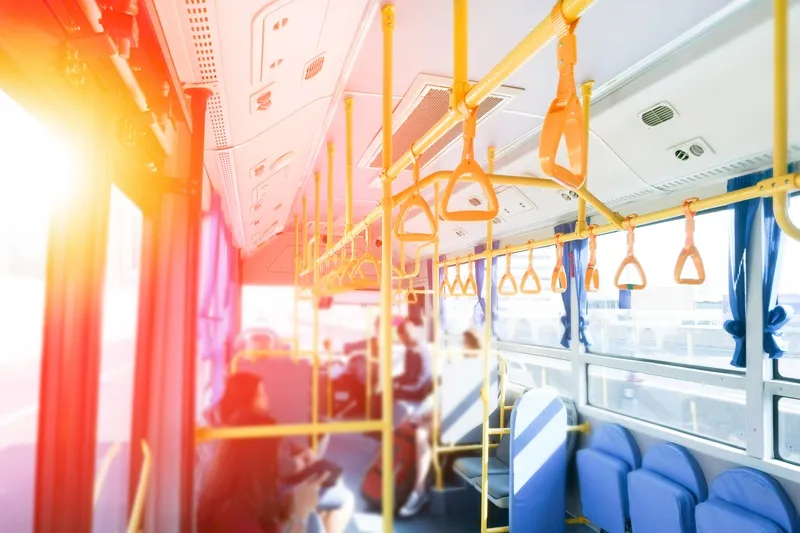The UK Office of Rail and Road (ORR) has published its Annual Report on Railway Health and Safety performance which shows passengers on the mainline railway continued to be assured of a safe journey on Britain’s railways. However, ORR identifies challenges which must be carefully managed if passengers and workers are to continue to be protected.
On the mainline railway, there were several significant structural and earthwork failures, any of which could have resulted in potentially serious train accidents. The report notes some sites are very vulnerable to failure in bad weather, especially cuttings and retaining walls. ORR is monitoring
ORR’s continuing campaign to persuade companies to incorporate ‘safety by design’ procedures has achieved real success on the Crossrail and High Speed 2 projects and is starting to be taken up among current railway operators.
Operational and technological developments are changing Britain’s railways and ORR is pressing the industry to adapt quickly to meet the health and safety challenges posed by those changes. ORR has published guidance intended to help companies meet health and safety requirements and is pleased to note that it’s Leading on Health and Safety on Britain’s Railways guidance, which commits firms to collaborate on resolving priority risk areas, is becoming widely adopted.
Progress has also been made on ORR’s occupational health programme, including securing agreement with the Rail Principal Contractors Group on the management of Hand Arm Vibration risks and producing a video stressing the importance of occupational health.
Continued focus on industry improvement required to ensure ongoing safety of Britain’s railways
The UK Office of Rail and Road (ORR) has published its Annual Report on Railway Health and Safety performance which shows passengers on the mainline railway continued to be assured of a safe journey on Britain’s railways. However, ORR identifies challenges which must be carefully managed if passengers and workers are to continue to be protected. On the mainline railway, there were several significant structural and earthwork failures, any of which could have resulted in potentially serious train accidents.
July 21, 2017
Read time: 2 mins








